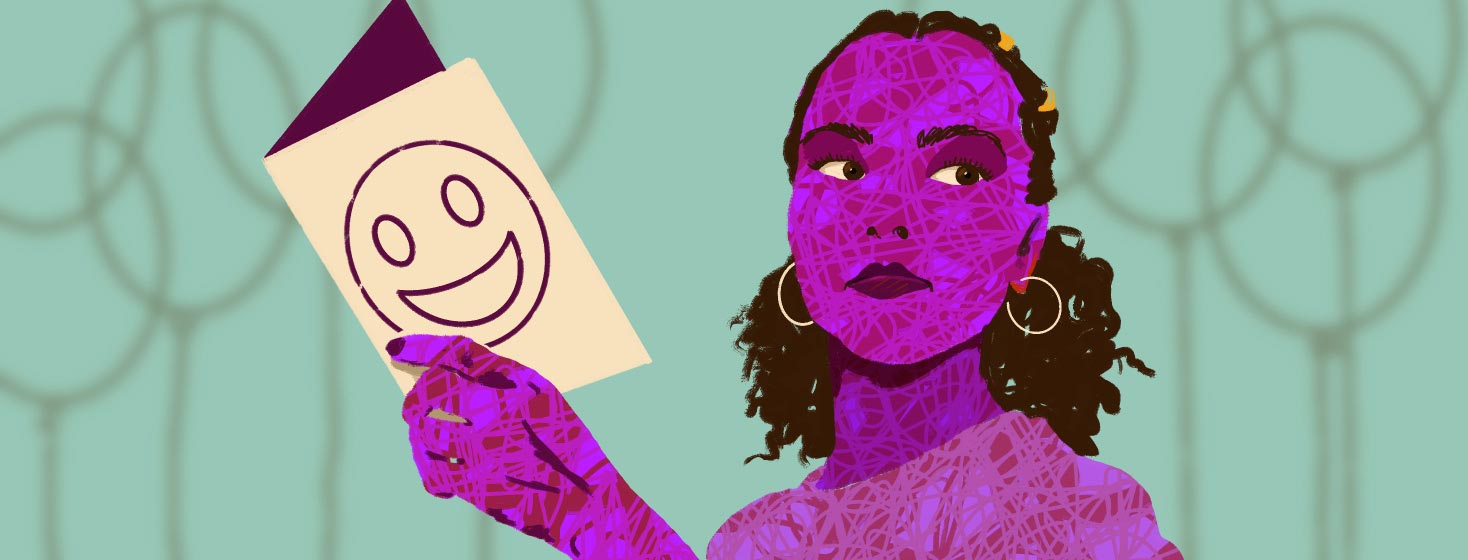"Get Well Soon" and Other Well-Intended Phrases That I Wish Allies Would Stop Saying
"I haven't seen you around the office recently! Were you on vacation?" My coworker greeted me during lunch when I returned to the office.
"No," I responded. "I wasn't feeling well. But I'm glad to be back for the all-staff meeting today."
The coworker looked at me sympathetically, her eyes soft with concern. "Oh? I'm so sorry to hear that you aren't feeling well. I hope you get better soon."
I smiled politely because how could I tell her the truth? Endometriosis is an incurable condition. I can manage my symptoms, but my body will always carry traces of the disease.
How could I tell a well-meaning person, "I appreciate your kindness, but my chronic illness will always be a part of me. I'll never be 'all better,' and that's okay."
Accepting that I won't "get well soon"
My body fights itself in a never-ending battle. Throughout a typical menstrual cycle, the lining of the uterus (called the endometrium) thickens to prepare for a potential pregnancy.
If a person isn't pregnant, hormones like estrogen and progesterone cause that person's uterine lining to shed. For most people who menstruate, this uterine lining comes out of their body during their monthly period.
Endometriosis causes my body to grow these endometrial tissues in other parts of my body. These tissues respond to the hormones that signal my body to start my period, but these tissues are stuck outside of my uterus. Endometriosis keeps these tissues trapped each month and can cause pain, scarring, and inflammation.
I've come to terms with my chronic illness and its role in my life. This process of accepting myself and my body required me to let go of my self-judgment.
I have many days without pain, but I also have days in which I feel ill. I've had to accept this reality and adjust my expectations for myself. If a person does not live with a chronic illness, they may not understand how endometriosis permeates every aspect of their life.
Messages encouraging me to "Get better soon!" come from a place of kindness. Despite the great intentions behind these types of phrases, these sayings can perpetuate ableism. Would I be a "better" person, or would my body be "better" if I did not have endometriosis?
Embracing support and encouragement for chronic illness
I face obstacles because of my endometriosis, but I love my body as it is because this is the only body I have.
Sometimes, actions speak louder than words. What means the most to me is when a person sits with me and listens to me. Even if that person does not say anything directly about my illness, they can show that they care by checking in on me, offering to help with tasks or sending me notes from a work meeting I missed, educating themselves about endometriosis, etc.
Language matters. If an ally wants to be sympathetic, what phrases can they use to show their support without undermining chronic illnesses? These are some words of encouragement that have made me feel validated during my flare-ups:
"I am sorry you're in pain. Thank you for telling me."
"Can I do anything to support you at this time?"
These statements acknowledge my pain without adding to the unfair expectation that my condition should improve.
What words of affirmation or encouragement help bolster your spirit? When allies can't find the right words to say, what everyday actions make a positive difference?
Comment your thoughts below.

Join the conversation